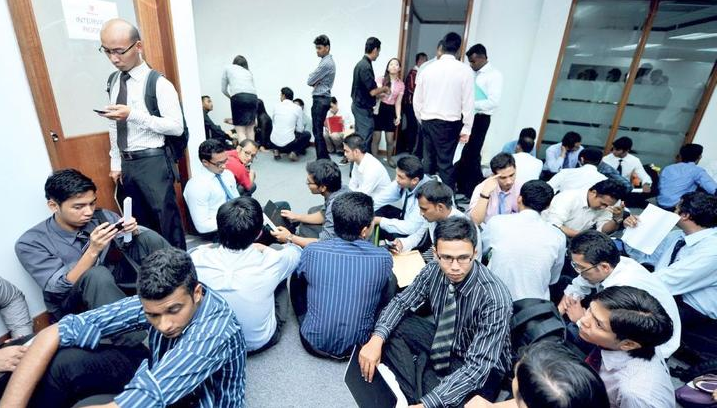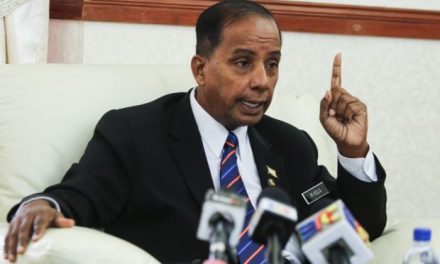KUALA LUMPUR | From early indications gathered in April and May, the economic environment is foreseen to be unfavourable for Malaysian businesses, supported by the latest Leading Indicator (LI) which signals an economic recession in the next four to six months.
Chief Statistician Datuk Seri Dr Mohd Uzir Mahidin said today dynamic measures are required to transform the current economic structure, which is heavily dependent on commodities-based industries and low value-added industries that hire low-skilled and semi-skilled workers at low wages.
He said new ways of doing business and diversifying the economy are acutely needed and this can be done by embracing technological advances such as the Industrial Revolution 4.0 and digitalisation of the business ecosystem.
With the adoption of new technologies, he said, the business process will create a decent work environment, and a more conducive and sustainable labour market.
“Besides that, the disruption in labour demand precisely for new graduates to enter the labour market is expected in the second half of 2020. Therefore, it is vital to ensure that this group of people, as well as the existing unemployed obtain jobs to (stave) social unrest.
“To overcome this, a dedicated fund is very much desired for upskilling and reskilling, enhancing training on entrepreneurship and digital skills,” he said when presenting the Department of Statistics Malaysia’s (DOSM) Malaysian Economic Statistics Review (MESR) at an online press conference.
Nevertheless, Mohd Uzir said the Covid-19 pandemic will have a more profound impact on the economy as it will affect businesses and consumers’ lifestyle, leading to the transformation of how they will work, shop and live.
“In this regard, it is essential for the public and private sectors to synergise in facing the current predicaments and subsequently to rejuvenate Malaysia’s economy at a swifter pace,” he added.
The MESR, which is the first by DOSM, provides information to stakeholders and governments in accelerating their strategic policies to effectively address the economic crisis in confronting the challenges facing the rakyat.
Mohd Uzir said the report, which contains comprehensive information for major industries in Malaysia, could be used not only as a reference by researchers but also by investors, traders, policy makers and the government.
“The DOSM is also working to speed up the publication of import and export data for the reference of stakeholders, and we are formulating the appropriate methods.
“We are also preparing a special major statistics dashboard that will be released on a weekly basis such as the commercial rates for hotels and the number of vehicles on the highways,” he added.
On the population and housing census, Mohd Uzir said the DOSM, in collaboration with state agencies, was ready to conduct the census and this time it would be implemented online starting July 7.
“Census data is important to ensure effective utilisation of resources and allocations for optimum impact, as well as for field work, and the house-to-house census will be announced after getting the government’s approval,” he added.









